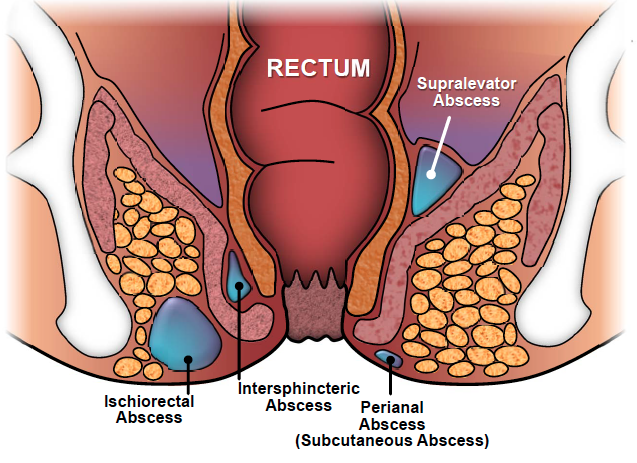
An anal fistula is an abnormal connection between the anus and the skin around it. It is a small tunnel that develops between an abscess, an infected cavity in the anus, and an opening on the skin around the anus. An abscess is a collection of pus that forms due to infection.
The symptoms of an anal fistula can vary depending on the size and location of the fistula. Common symptoms include pain, itching, discharge, and swelling around the anus. It is important to get medical attention if you experience any of these symptoms.
Diagnosis of an anal fistula usually involves a physical exam, examination of the abscess, and imaging tests such as a endoanal ultrasound or MRI. Treatment options for an anal fistula depend on the size and location of the fistula and can include anal fistula surgery.
Sometimes, the fistula can heal on its own with the help of antibiotics, but anal fistula surgery is often necessary to remove the fistula and the abscess. The most important thing to remember when it comes to an anal fistula is that early diagnosis and treatment is key.
Common Causes of Anal Fistula
An anal fistula is an abnormal channel that forms between the skin and the inside of the anus. It is usually painful and can lead to infection if not treated properly. There are a few different conditions that can cause an anal fistula and it’s important to know the underlying cause in order to ensure successful treatment and prevention.
The leading cause of an anal fistula is clogged anal glands. The glands, which are located in and around the anus, produce mucus that helps to lubricate the anus and keep it clean. When these glands become clogged and inflamed, they can create an abscess that can form a tunnel between the glands and the skin.
This tunnel is the anal fistula. Anal abscesses are another common cause of anal fistulas. An abscess is a pocket of pus that is caused when bacteria enter the anus through a cut or tear. As the infection spreads, it can form a tunnel between the anus and the skin and create an anal fistula.
Other, much less common causes of an anal fistula can include Crohn’s disease, radiation treatment for cancer, trauma, sexually transmitted diseases, tuberculosis, diverticulitis, and cancer.
If any of these conditions are suspected as the cause of an anal fistula, it’s important to see a healthcare provider immediately to ensure successful treatment and prevention.
An anal fistula can be a painful and complicated condition, but with proper treatment and care, it can be successfully managed. If you are experiencing symptoms of an anal fistula such as pain, swelling, or drainage, it’s important to speak with your healthcare provider to determine the underlying cause and get the appropriate treatment.






